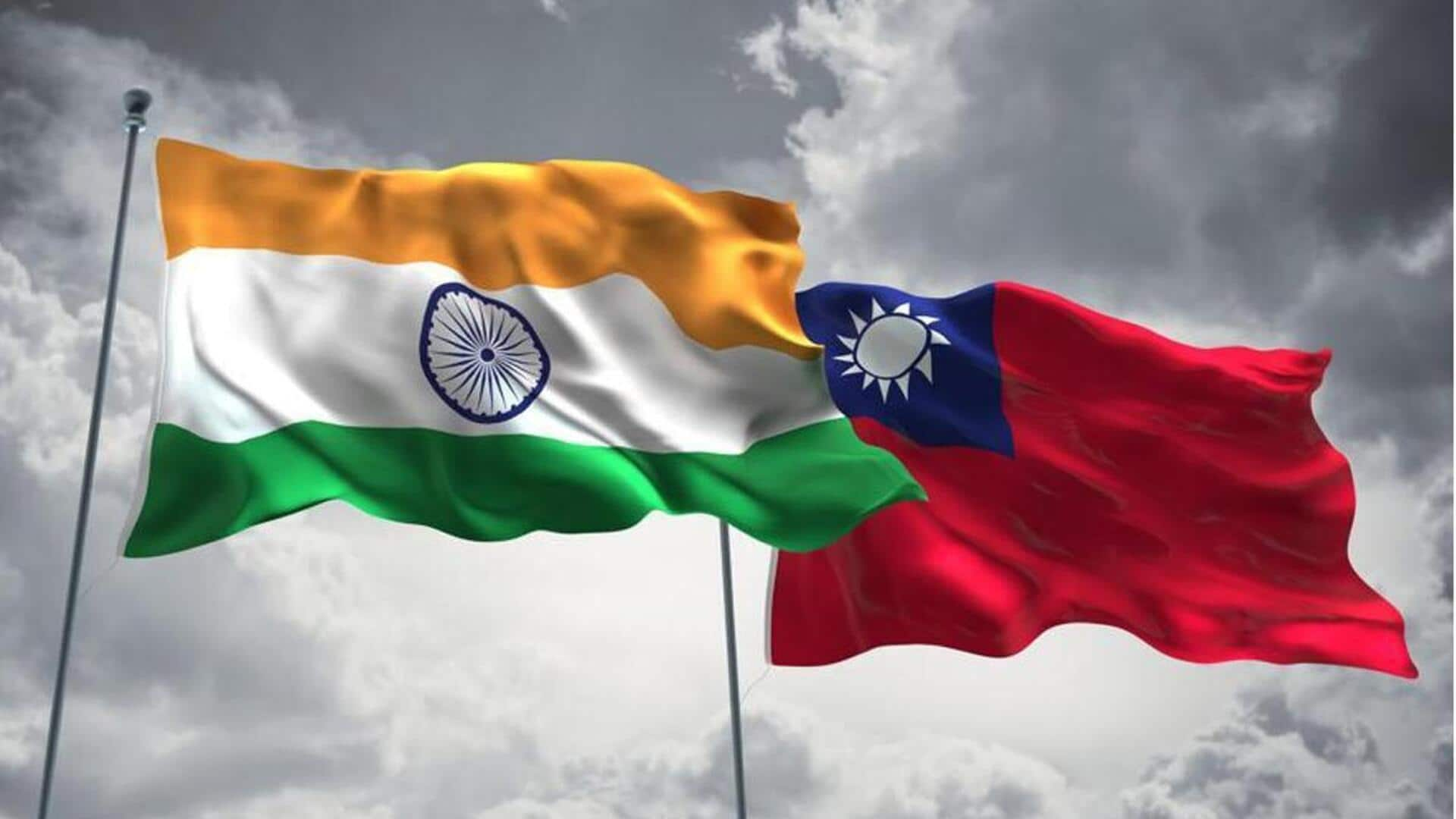
Taiwan seeks free trade agreement with India: Here's why
What's the story
Taiwan has expressed interest in a free trade agreement (FTA) with India, a move that could strengthen bilateral ties and create economic opportunities for both nations. Kristy Hsu, Director of the Taiwan-ASEAN Studies Center at Chung-Hua Institution for Economic Research, said such an FTA would be mutually beneficial. She added that Taiwanese businesses and their clients are looking to reduce dependence on China.
Tariff reduction
What Taiwan wants from India
Hsu revealed that Taiwan is willing to reduce tariffs on Indian agricultural products through an FTA. She also emphasized that if India were to lower tariffs on imports of components required by Taiwanese companies manufacturing in India, it would greatly boost trade between the two countries. Hsu suggested that India could attract more Taiwanese investment by easing labor laws and streamlining work visas.
Investment surge
Taiwanese investments in India
Taiwanese companies have been increasing their investments in India, especially in electronics manufacturing, semiconductors, and electric vehicles. Major Taiwanese firms such as Foxconn, Wistron, and Pegatron mostly import electronic integrated circuits, semiconductors, EV components/machinery from Taiwan. The bilateral trade between India and Taiwan stood at $11.8 billion in FY25—a 17% increase from last year—showing the growing economic ties between the two nations.
FDI growth
FDI from Taiwan exceeded $665 million
Hsu noted that over the last decade, Taiwanese companies have shown a growing interest in investing in India. The number of member companies at the Taiwan Chamber of Commerce in India (TCCI) has nearly doubled from 80 to close to 200 since 2015. According to India's commerce and industry ministry, foreign direct investment (FDI) from Taiwan exceeded $665 million between 2018 and 2024.